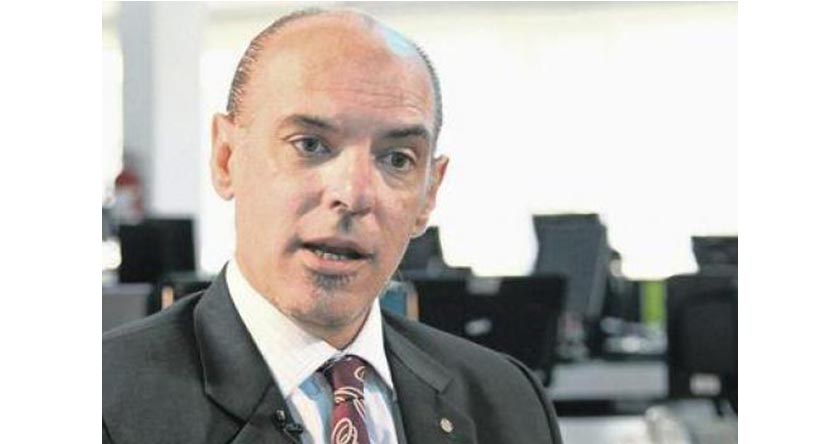In his study Prof. Pablo Collazzo, Academic Expert & Lecturer Financial Management Study Programs at FHWien der WKW, together with Dr. Syed Sharjeel Ahmad Hasnie and Dr. Mohammed Kabir Hassan, explores and compares the risk-return relationship and risk premia of the two parallel financial systems in Pakistan, i.e. Islamic (Sharia-compliant) and Conventional (non- Islamic), using two different asset pricing models, namely CAPM and Fama and French (FF) three-factor model.
Both systems were split into four sub-categories, namely conventional stocks portfolios of banks, insurance companies, investment banks, and mutual funds were compared with Islamic banks, leasing, Modarabah, and Islamic mutual funds stocks in terms of return, risk, and conditional volatility. The findings depict significant variations in returns and/or risks (unconditional variance) between these comparable financial systems. The risk premia of conventional stocks are considerably higher than those of their Islamic compeers. The hypothesis of an efficient risk-return relationship is supported for all portfolios, but the relationship is much stronger for the Islamic stocks as compared to the conventional ones. Moreover, the lower reward of Islamic stocks is associated with lesser conditional volatility. The non-synchronous effect and persistence in the volatility of returns are apparent in all stocks except Modarabah and Islamic mutual funds. Further, the impact of volatility clustering on returns of all stock portfolios is quite larger than external shocks.
This study aims to contribute to the literature, practice and regulation on faith-based and conventional finance in two ways.
- First, it provides and assesses empirical evidence on the risk-return co-movements of Islamic stocks compared to conventional stocks. The analysis gives insight to investors about the performance of Islamic financial institutions and prospects of growth.
- Second, it sheds light on whether Islamic stocks offer an opportunity for diversification, meaning whether Islamic stocks are efficient or not as compared to their mainstream counterparts.
Our research would enable practitioners and investors at large to determine the overall and sectoral cost of equity in the Pakistani stock market. It may further aid in developing policy guidelines for regulators monitoring Islamic financial systems.
